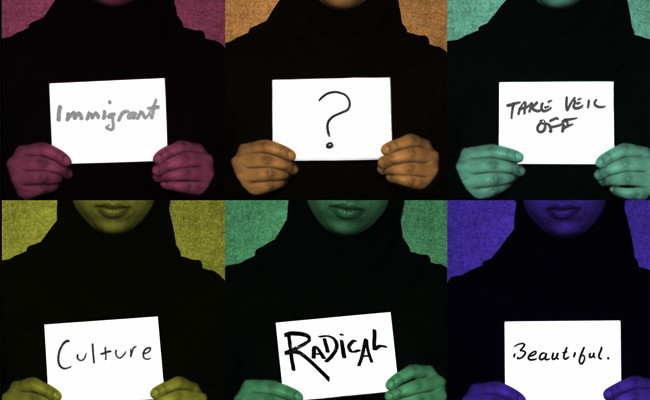It’s tempting to see the last decade as the confirmation of Coleridge’s quip about how a politics that begins in fear, ends in folly. God knows, since 9/11 there’s been folly enough.
Costing the occupation of Iraq and Afghanistan is not easy but a very conservative estimate suggests that the US has spent at least $900 billion.
Aid agencies say that $100 billion would suffice to provide clean drinking water for every person on the planet for the next decade. In other words, with a mere fraction of the money squandered on war, millions upon millions of lives could have been saved.
But those most responsible for the decisions of the last decade were not fearful and they were not foolish. Regime change in Iraq, a goal of the neocon Right since the mid-1990s, became politically feasible only after 9/11, with politicians in Britain, the US and Australia assiduously working to ensure war triumphed over peace.
The misery that ensued (the WikiLeaks war logs identify 104,924 killings in Iraq; the Opinion Research Business Survey estimates a staggering 1,033,000) was predictable. More than that, it was predicted, not just by academics and activists but by the ordinary people who marched in unprecedented numbers against the invasion.
Reading back over the pro-war politicians and pundits of that time – a motley array of draft-dodging militarists, disappointed ex-Leftists and baby boomers turned culture warriors – you can hear the echoes of Georg Trakl’s warning to a different era of a ‘decaying generation … cold and evil’ presiding over ‘a dark future prepared/For the pale grandchild’.
The pieces in this edition of Overland plumb, in various ways, that darkness: the normalisation of torture and abuse, wars abroad and austerity at home, the ongoing immiseration of asylum seekers, and all the rest of it. But they’re also suffused with a modicum of optimism, a sense that, perhaps, the gloom is finally clearing. Certainly, over the last year we’ve seen extraordinary events in the Arab world and elsewhere, events that hint, as Jessica Whyte suggests in her essay, that the long night of the Left draws to a close – that, in place of fear, emerges something like hope.
This edition is dedicated to the memory of Kerry Leves: poet, critic and longtime friend of Overland.
Jeff Sparrow is the editor of Overland
© Jeff Sparrow
Overland 204-spring 2011, p. 2
Like this piece? Subscribe!



